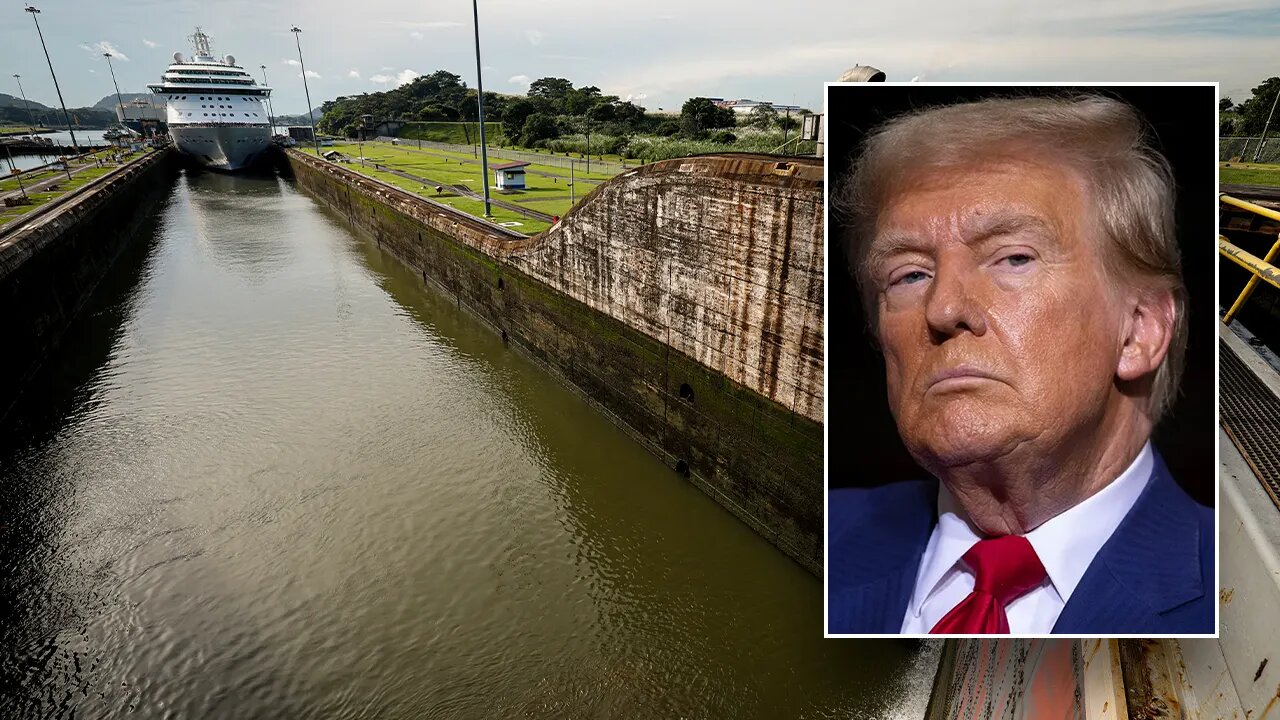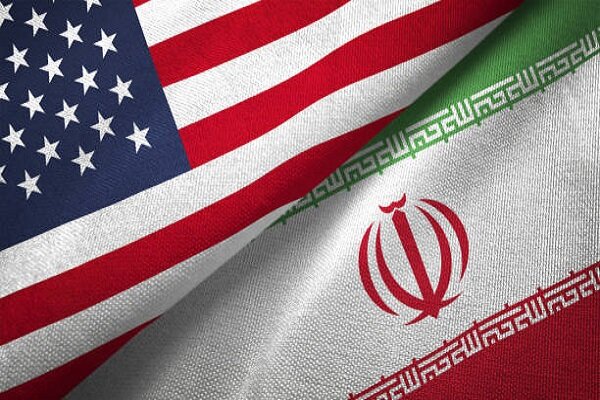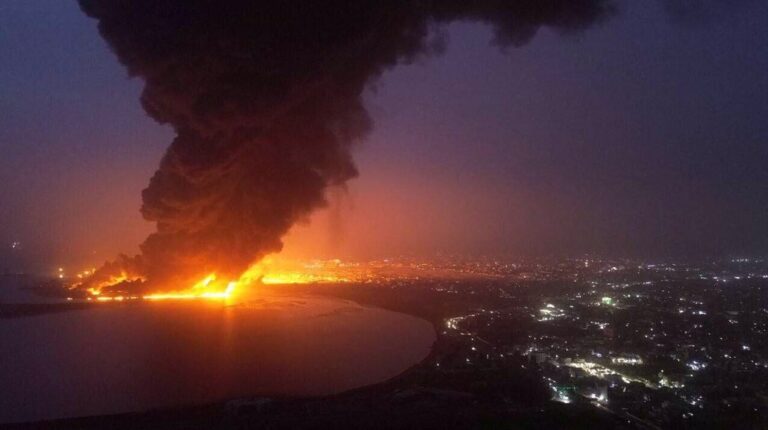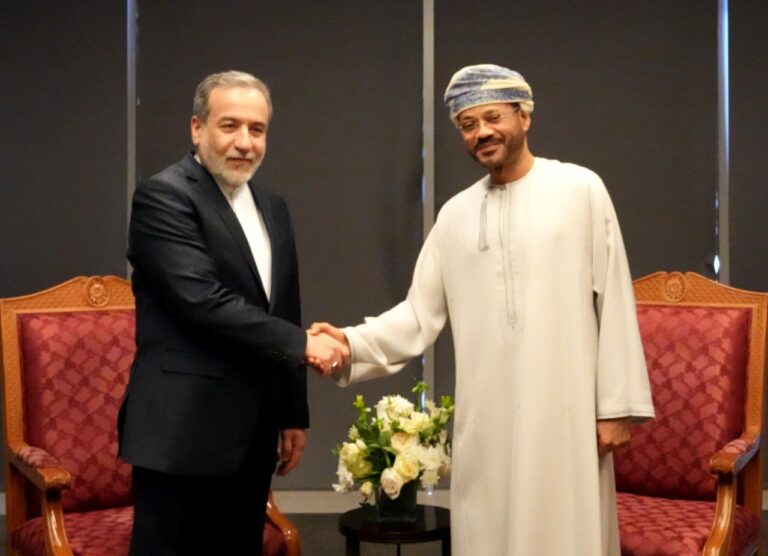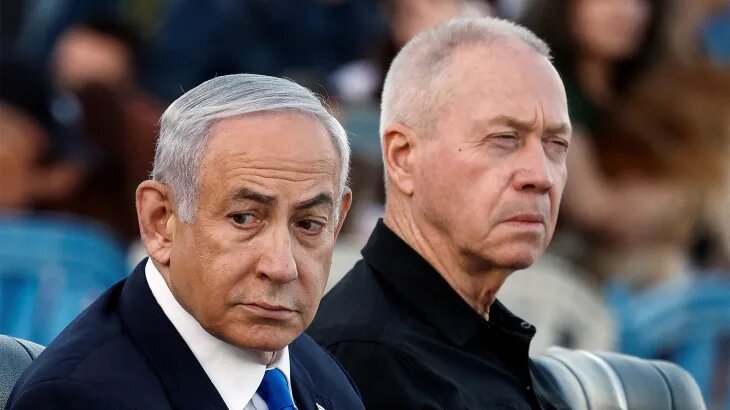Trump Calls for Unrestricted Access to Suez Canal: A Bold Demand for Global Trade
In a recent statement, President Donald Trump asserted that the United States played a pivotal role in the creation of both the Panama Canal and the Suez Canal, emphasizing the need for American vessels to traverse these vital waterways without incurring any charges. This declaration highlights Trump’s ongoing commitment to safeguarding American interests in global trade routes and national security.
During a post on Truth Social, Trump stated, “American ships, both military and commercial, should be allowed to travel, free of charge, through the Panama and Suez Canals! Those canals would not exist without the United States of America.” This statement underscores his perspective on the significance of U.S. contributions to international infrastructure.
Trump’s remarks also reflect a broader concern regarding competition from countries like China. He has expressed intentions to “take back” control of the Panama Canal, indicating a willingness to utilize both economic and military strategies if required. This assertion marks a notable shift in U.S. foreign policy regarding strategic waterways.
Key points regarding Trump’s statements and implications include:
- Control of Strategic Waterways: Trump believes that the U.S. should reclaim authority over the Panama Canal and ensure unrestricted access to the Suez Canal.
- National Security Concerns: The president’s comments are rooted in a desire to protect American national security interests amid growing competition from China.
- Immediate Action: Trump instructed U.S. Secretary of State Marco Rubio to address these issues promptly.
The Panama Canal, an engineering marvel completed in 1914, has been crucial for global shipping, significantly reducing travel time between the Atlantic and Pacific Oceans. Similarly, the Suez Canal, opened in 1869, serves as a critical connector between Europe and Asia. Trump’s assertion that these canals owe their existence to the U.S. indicates a broader narrative about American influence in shaping global trade routes.
The implications of Trump’s statements extend beyond mere rhetoric. By asserting that American vessels should be allowed free passage, he is positioning the U.S. as a dominant force in international maritime affairs. This stance could lead to increased tensions with countries that currently manage these canals and may provoke discussions about the terms of access and control over these strategic chokepoints.
Moreover, the potential for military involvement raises questions about the future of U.S. foreign policy. If Trump follows through on his declarations, it could signal a shift toward a more aggressive posture regarding international waterways. This would align with his broader “America First” agenda, which prioritizes U.S. interests above all else.
In recent years, the geopolitical landscape surrounding the Panama and Suez Canals has become increasingly complex. With the rise of China as a dominant economic power, the U.S. faces new challenges in maintaining its influence. Trump’s comments reflect an awareness of these dynamics and a willingness to take decisive action to counter perceived threats.
Additionally, the potential consequences of this approach could ripple through international relations. Countries that rely on these canals for trade may react negatively to U.S. demands for free passage, potentially leading to diplomatic friction. The management of these waterways involves various international agreements and stakeholders, complicating any unilateral actions proposed by the U.S.
In conclusion, President Trump’s recent remarks about the Panama and Suez Canals underscore a strategic perspective aimed at reinforcing U.S. dominance in global maritime trade. His call for free passage for American vessels is not only a reflection of national security concerns but also an assertion of U.S. influence over critical international infrastructure. As global dynamics continue to evolve, the implications of such statements will undoubtedly shape future discussions on maritime policy and international relations.
